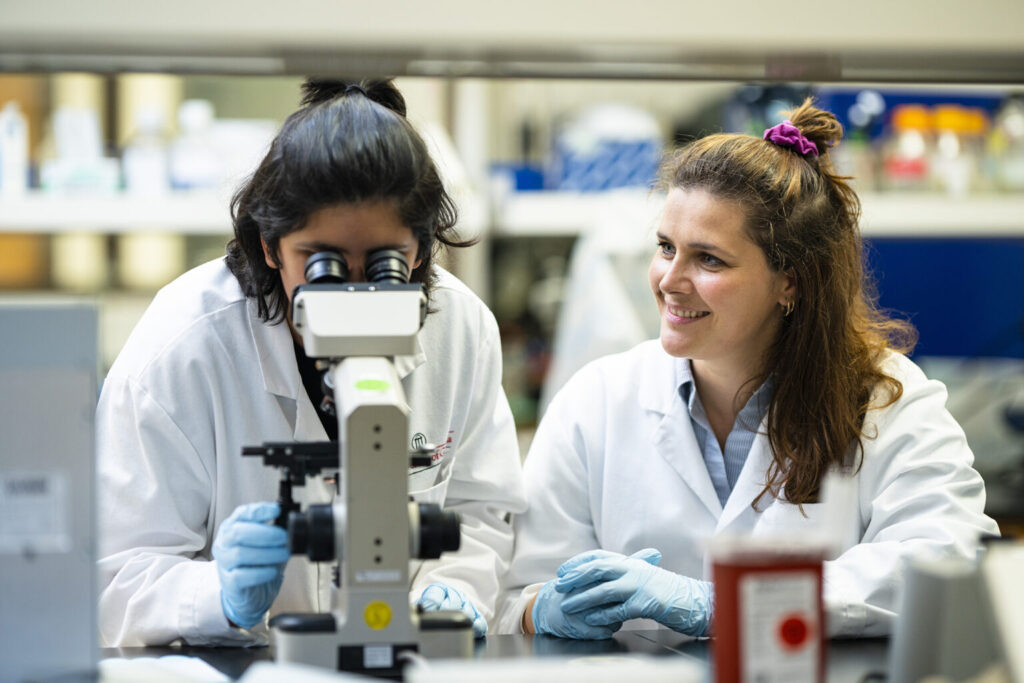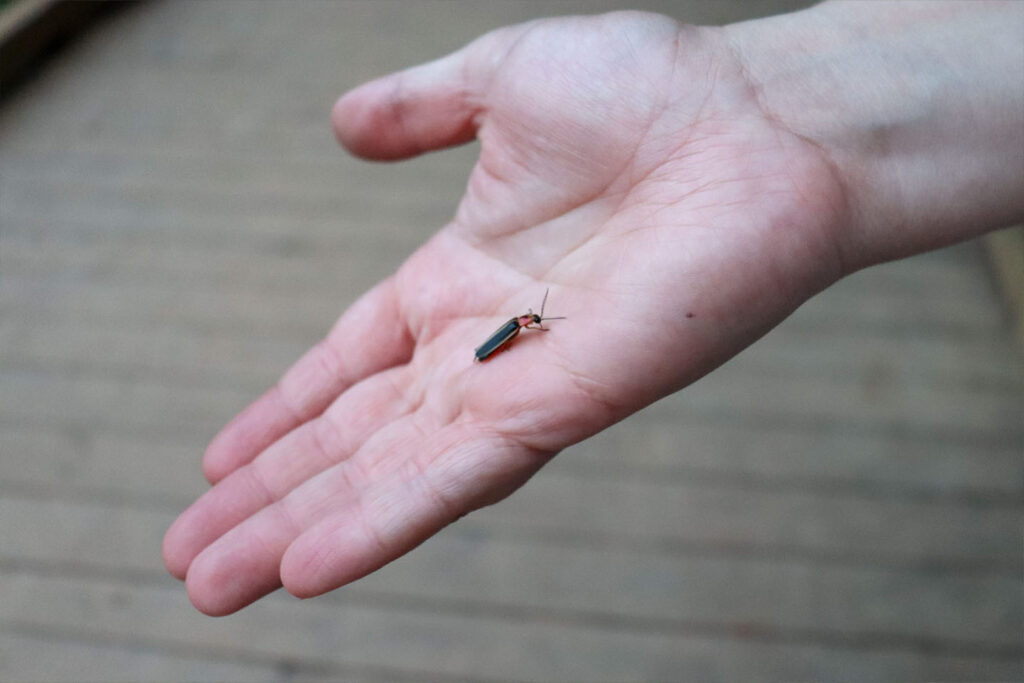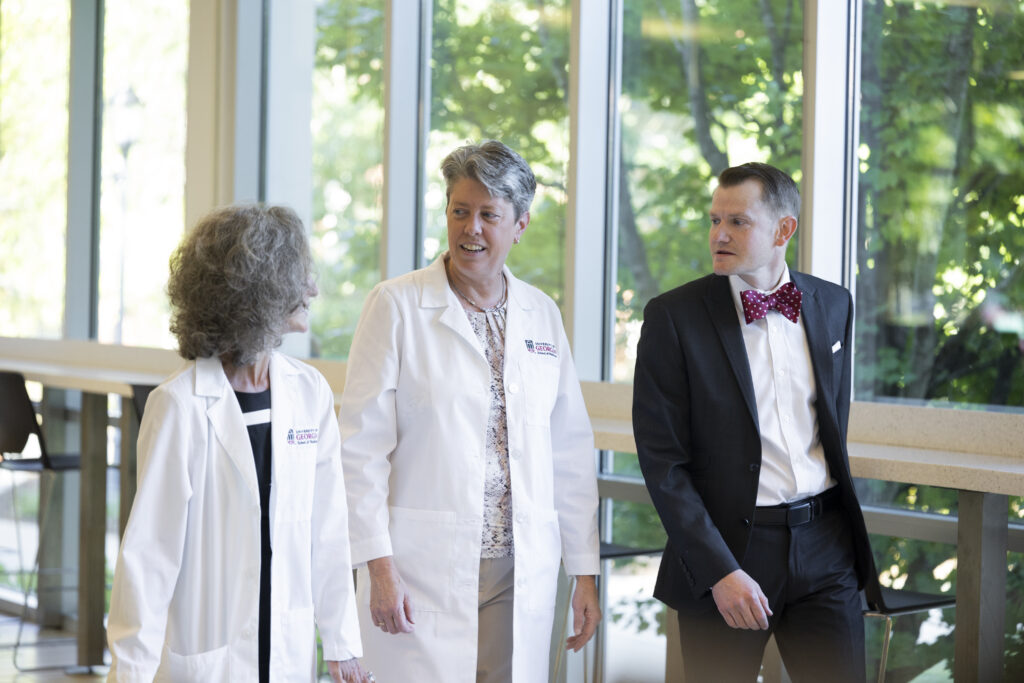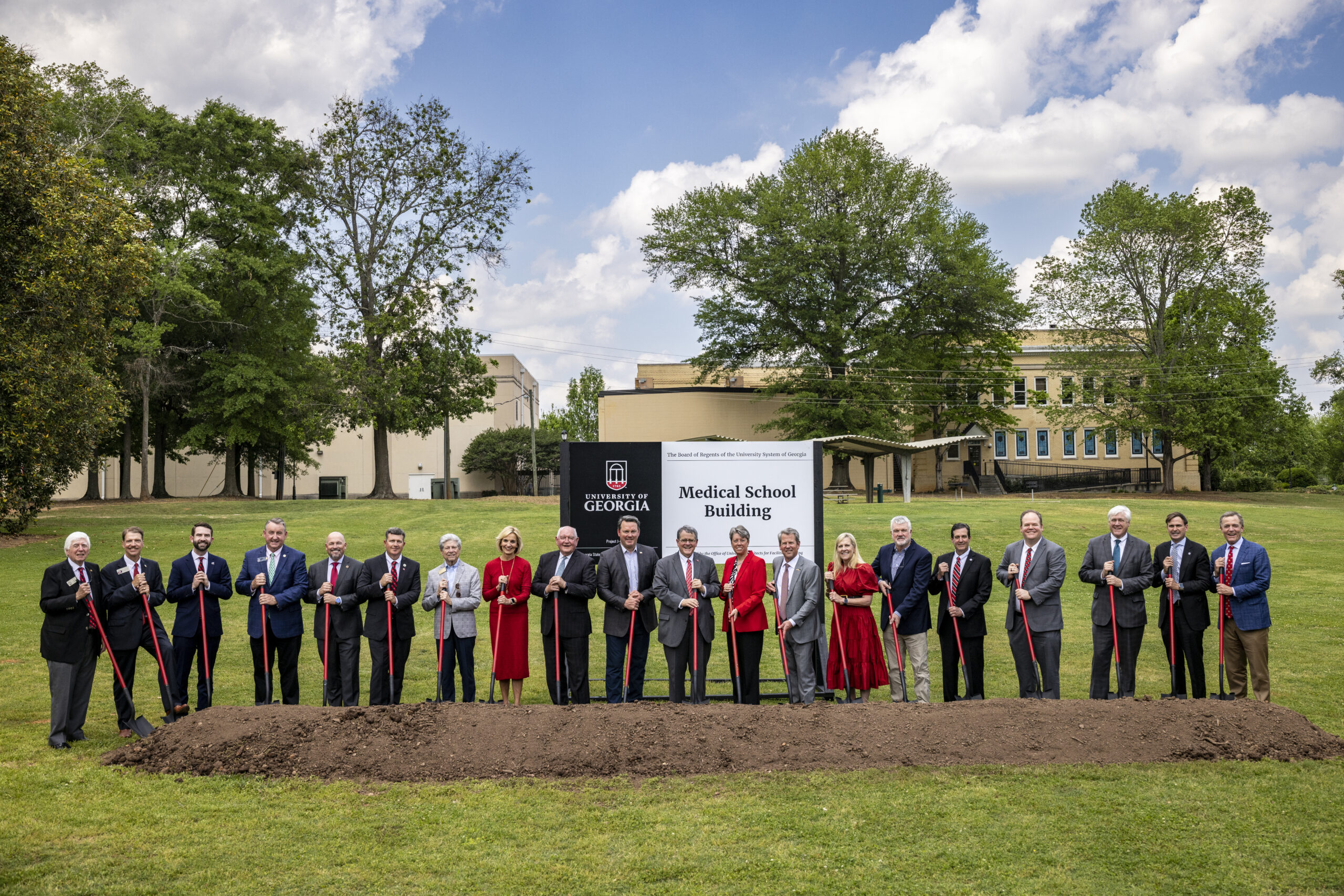Each year, the University of Georgia’s programs, faculty and students receive an impressive number of accolades and continue to lay the groundwork for future achievements. With awards, grants, research publications and all the accomplishments in between, a year at UGA can produce a large amount of news.
Here are some of the top stories at UGA that made headlines in 2024, as well as those that may have flown under the radar.
JANUARY
You may have heard:
Kicking off 2024 strong, UGA Regenerative Bioscience Center’s research on stroke therapy reached clinical trials with the FDA. The FDA cleared the new drug, known as AB126, to enter a Phase 1b/2a clinical trial for ischemic stroke patients. The first of its kind cell therapy targets brain inflammation caused by the stroke.
What you may have missed:
The Georgia Museum of Art at UGA started the year with its largest grant in its history. The Elizabeth Firestone Graham Foundation provided $1,085,000 to reimagine and reinstall the museum’s permanent collection galleries. The grant will also enable the museum to build on recent efforts to develop its contemporary art program.
FEBRUARY
You may have heard:
With a Feb. 13 vote from the University System of Georgia Board of Regents, UGA announced it was forging a new era in history, with plans to establish a new independent School of Medicine in Athens. The announcement thrilled UGA undergraduates who had high demand for this educational opportunity as well as alumni and private supporters of the university.
What you may have missed:
For the first time ever, 30 high school students from across Georgia got the chance to develop leadership skills and build knowledge about the state through the inaugural Youth LEAD Georgia. A generous $1.5 million pledge from Chick-fil-A to UGA’s J.W. Fanning Institute for Leadership Development funded four weekend retreats held in different communities across the state, a four-day summer bus tour, and youth leadership summit.

MARCH
You may have heard:
College of Family and Consumer Sciences graduate and researcher Michael Curtis brought attention to an alarming trend in March. His study revealed one in three rural Black men reported they experienced suicidal ideation or thoughts of death within two weeks of time. Researchers also showed parents can play a key role in helping their children cope with these struggles.
What you may have missed:
Throughout 2024, UGA researchers dove into the vastly growing world of artificial intelligence. From the depths of the ocean to outer space and from forests to factories, UGA is applying AI to innovate and improve how we all work. Five professors across disciplines explained why AI is an opportunity for UGA to advance in all aspects of the world.

APRIL
You may have heard:
Magic mushrooms, known scientifically as psilocybin, had been shown previously to help those experiencing depression and anxiety, and UGA research revealed in April it may be a safe alternative to traditional medications. UGA College of Pharmacy professor and corresponding study author Joshua Caballero found in a therapeutic single-dose, psilocybin has similar side effects to traditional antidepressant medications.
What you may have missed:
This spring, a UGA research team developed a faster detection technique for COVID-19. The rapid diagnostic test for SARS-CoV-2 detection and quantification was described to come directly from human swabs using surface-enhanced spectroscopy and deep learning algorithms. The overall process for the test is comparable to a PCR test, requiring under 15 minutes.
MAY
You may have heard:
The Terry College of Business shed new light on workplace behaviors, as research pointed out busy bragging, or complaining about how stressed you are in the office can also cause burnout in co-workers. In fact, lead author and professor of management Jessica Rodell said people who brag about their stress levels are seen as less competent and less likable by their co-workers.
What you may have missed:
Starting in May, UGA College of Public Health’s Amy Winter and UGA Center for the Ecology of Infectious Diseases’ John Drake began to develop a new model to predict measles outbreaks worldwide up to 18 months in advance. With support from the Bill & Melinda Gates Foundation, this is the first known effort to generate national-level risk predictions for every country in the world.
JUNE
You may have heard:
June showcased Jere W. Morehead Honors College as the No. 1 honors program or college in the nation. College Transitions, publishers of the best-selling guide, Colleges Worth Your Money praised the college for selectivity, benefits offered, and program rigor, also including its living-learning opportunities, research offerings, and support for applications to national and other competitive scholarships.
What you may have missed:
600 jobs came to Athens this summer, after Boehringer Ingelheim invested $57 million in capital investment to establish a global innovation hub here. As it expands, the vaccine company has worked with UGA’s Office of Business Engagement to connect the company with researchers across disciplines as well as talented students for internships and jobs.

JULY
You may have heard:
UGA kept Georgia residents’ eyes peeled this July. The Warnell School of Forestry and Natural Resources released GPS collar videos from coyotes in the Atlanta area as part of their urban mammal ecology project, in the hopes of finding new insight into coyotes’ daily activities. Researchers found coyotes largely avoid both interactions with people and areas where people are likely to be during the day.
What you may have missed:
Four current and former Bulldogs combined for six medals for Team USA at the 2024 Summer Olympic Games as 33 athletes represented Georgia during 17 days of competition in Paris. The 33 athletes were also joined by eight individuals participating in coaching, operations, media relations and broadcasting capacities. The entire contingent will participate in 10 different sports and represent 20 different nations, including eight on Team USA.

AUGUST
You may have heard:
At the start of the school year, the university had a number of accolades to celebrate. Forbes ranked UGA No. 19 nationally among public universities, and No. 13 among universities in the South. In The Princeton Review’s 2025 best colleges ranking, UGA ranked No. 13 in the nation among best value public schools. Money magazine also gave UGA a 4.5 out of 5 stars in its most recent ranking, naming it one of America’s best colleges.
What you may have missed:
Already noted as No. 1 among U.S. universities for the number of commercial products to market based on research, UGA celebrated a startup, CytoNest Inc., releasing its first commercial product. The CytoSurge 3D fiber scaffold optimizes cell manufacturing and tissue engineering, with applications in cell research, biopharmaceuticals, cell therapeutics, and cultured meat and seafood development.
SEPTEMBER
You may have heard:
UGA continued its trek of impressive recognitions in the fall, as U.S. News & World Report ranked the university as the No. 18 best public university in its 2025 ranking of the best public universities in the nation. This marked the ninth consecutive year that UGA has placed in the top 20. Many individual programs at the university also earned high marks from the latest rankings.
What you may have missed:
As fall ramped up, a rare species of firefly was discovered at the State Botanical Garden of Georgia at the University of Georgia. The Loopy Five, as it was named, is petitioned to be on the Endangered Species List, and was first spotted by a community scientist on the garden’s orange trail. There is not much documentation yet on the species, but they are significant pollinators.

OCTOBER
You may have heard:
UGA research brought attention to an important ecological issue this month. Research scientist Andy Davis of the Odum School of Ecology found out that monarch butterflies dying off during their fall migration south to Mexico. Davis and additional researchers discovered roost sizes have declined by as much as 80%, with these losses increasing from north to south along the migration route.
What you may have missed:
In October, UGA became one of five institutions to work with the FDA to test U.S. dairy supplies for avian influenza. Commonly known as bird flu, H5N1 was detected in U.S. dairy cattle for the first time this year, prompting concerns about the safety of the country’s dairy supply. The UGA Center for Influenza Disease and Emergence Research, a Center of Excellence in Influenza Research and Response, will lead the university’s efforts.

NOVEMBER
You may have heard:
Thanks to the UGA College of Public Health, a new benefit of fish oil supplements was revealed. Yuchen Zhang, lead author of the study and doctoral student, conducted research that showed omega-3 and omega-6 fatty acids help ward off a variety of cancers. Participants with higher levels of omega-3s and omega-6 levels led to lower rates of a variety of cancers.
What you may have missed:
On Nov. 16, University of Georgia first-year students Henry Silver and Belle Sessions captured national attention after winning the Pat McAfee-led kicking contest during ESPN’s “College GameDay.” Silver won $400,000 in total winnings by splitting the uprights on a 33-yard field goal. $400,000 in prize money also was donated to hurricane relief.

DECEMBER
You may have heard:
This December, UGA’s School of Medicine announced it had submitted its official application for accreditation to the Liaison Committee on Medical Education. The LCME will review the application, a huge benchmark in the development of the independent School of Medicine, in late February.
What you may have missed:
Fungal pathogen expert Blake Billmyre was awarded a $2.2 million New Innovator Award from the National Institutes of Health. He’ll investigate how one rare fungus, Cryptococcus, evolved over time to tolerate heat, infect human hosts and develop resistance to drugs.



